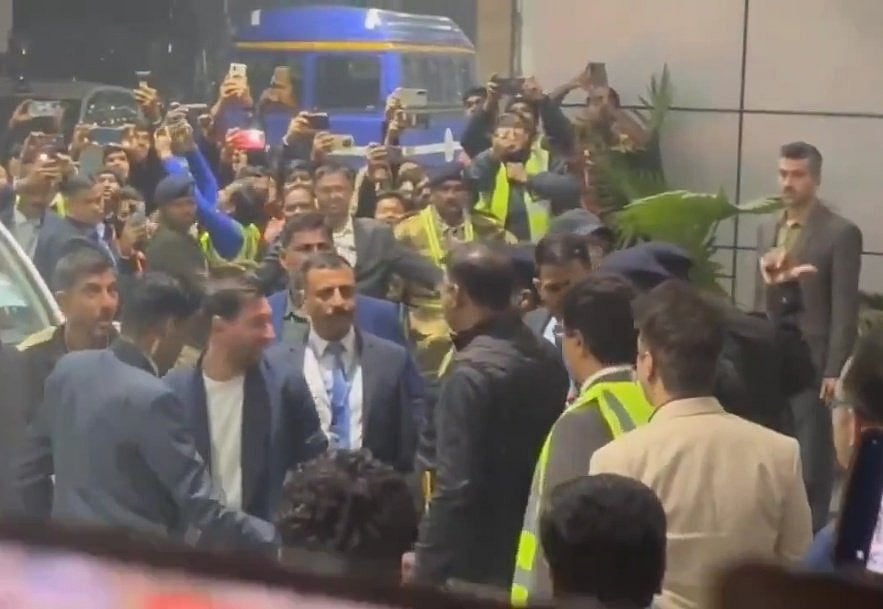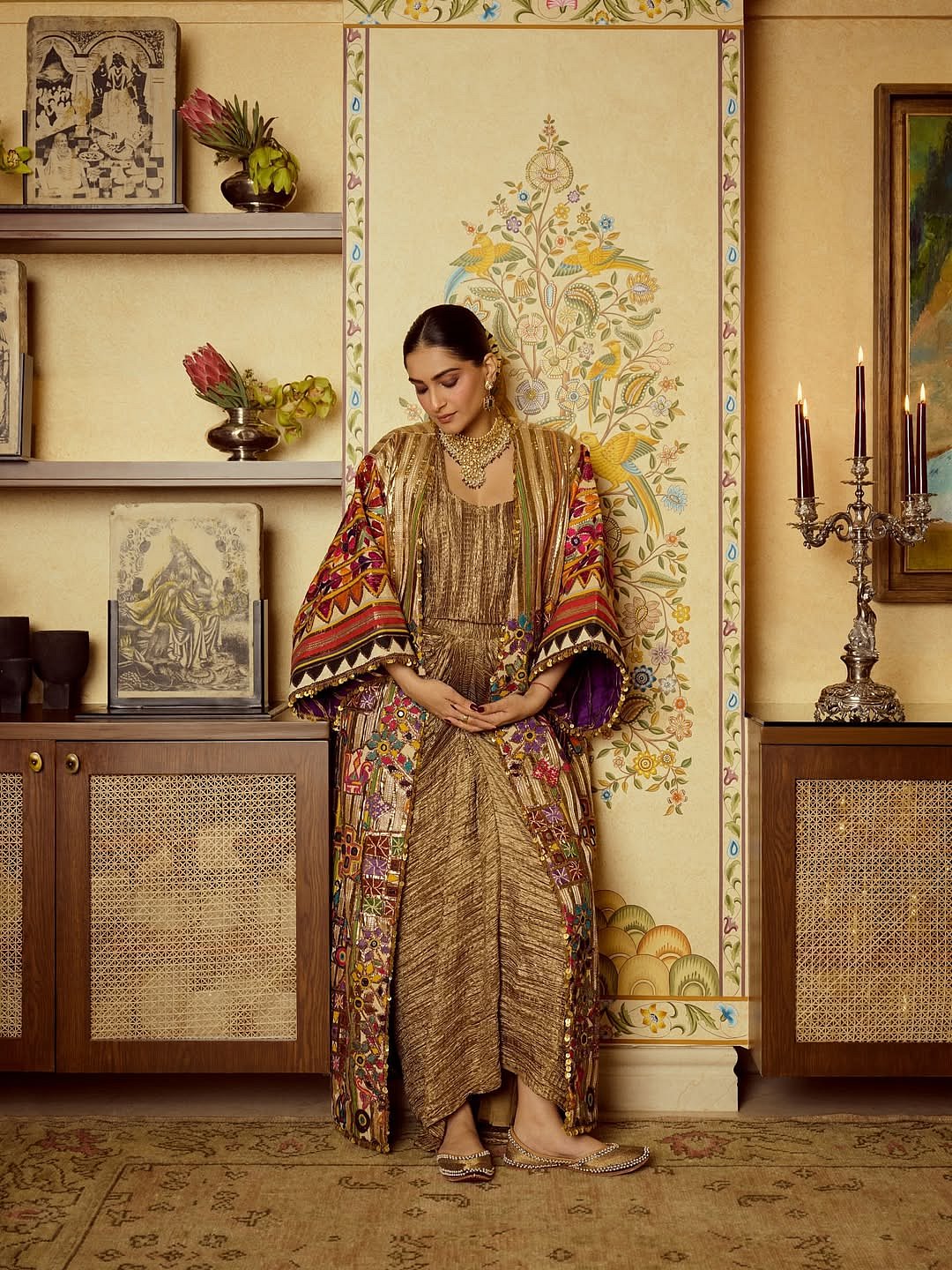Delhi has seen only four women take the role of Chief Minister, each leaving a lasting impact on the city's development. From Rekha Gupta, the most recent, to Sheila Dikshit, who served the longest, their contributions have shaped Delhi in different ways. Here’s a look at their tenures and achievements.
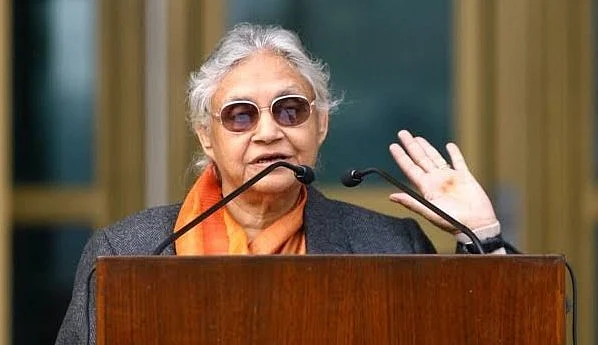
Sheila Dikshit (3 December 1998 - 28 December 2013)
Serving for an unprecedented 15 years across three terms, Sheila Dikshit played a crucial role in modernising Delhi’s infrastructure. Her leadership saw the city develop into a world-class metropolis.
Born on March 31, 1938, in Kapurthala, she graduated from Miranda House with a Master of Arts degree. Handpicked by Rajiv Gandhi in 1984, she became a key figure in governance and administration.
Her tenure saw major changes, from launching Delhi’s first Metro line in 2002 to constructing 65 flyovers, including those at AIIMS, Dhaula Kuan, and Outer Ring Road. She spearheaded the city's transformation for the 2010 Commonwealth Games and played a vital role in ensuring buses and auto-rickshaws switched to CNG, improving air quality.
Her son, Sandeep Dikshit, remarked, "Whenever people talk of a developed and growing Delhi, Sheilaji’s name will be remembered."
Sushma Swaraj (12 October 1998 - 3 December 1998)
Delhi’s first woman Chief Minister, Sushma Swaraj, held office for a brief period in 1998. Born on February 14 in Ambala Cantonment, Haryana, she was a highly educated leader with a degree in Sanskrit and Political Science, as well as a law degree from Panjab University.
She started her career as a Supreme Court advocate in 1973 before stepping into politics through the Akhil Bharatiya Vidyarthi Parishad. A member of the Rajya Sabha from 1990, she was later elected to the 11th Lok Sabha from South Delhi in 1996.
After her stint as Delhi’s CM, she was re-elected to the 12th Lok Sabha and went on to serve in various ministerial roles, including Minister of Health and Family Welfare. As Union Minister of External Affairs (2014-2019), she became a highly respected global leader.
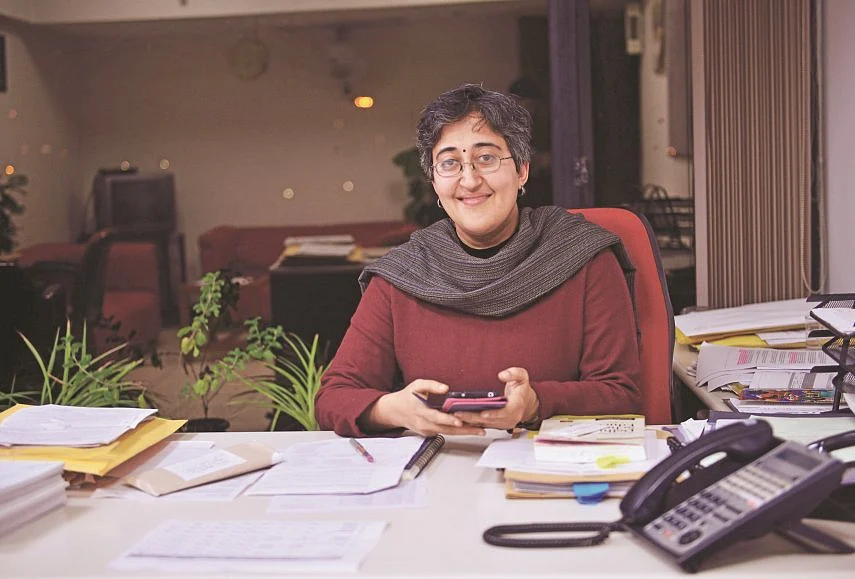
Atishi Marlena (21 September 2024 - 20 February 2025)
Atishi Marlena became Delhi’s third woman CM after Arvind Kejriwal resigned from his position.
Born on June 8, 1981, to Delhi University professors, she gained attention when she dropped her surname 'Marlena' before the 2019 elections, explaining that she did not want to focus on justifying her identity.
She played a key role as Lok Sabha in-charge for East Delhi in 2019, later winning the Kalkaji constituency in the 2020 elections. Despite AAP’s defeat in the latest polls, she retained her seat, demonstrating strong grassroots support. Known for her focus on education and governance reforms, she made a significant impact during her tenure.
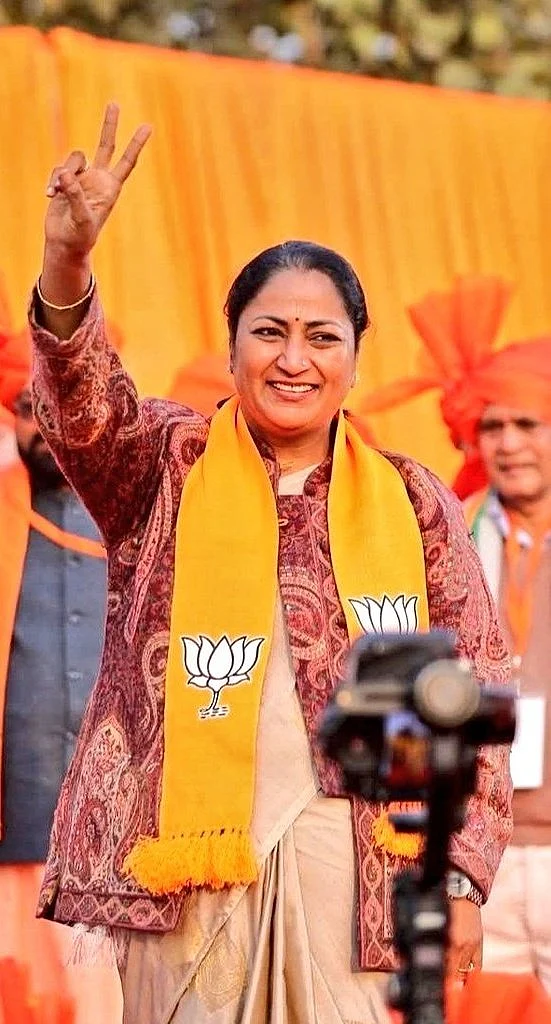
Rekha Gupta (20 February 2025 - Present)
Rekha Gupta recently became Delhi’s fourth woman Chief Minister, marking BJP’s return to power in the city after 26 years. Her oath-taking ceremony is set to take place at Ramlila Maidan.
Born on July 19, 1974, she graduated from Daulat Ram College and earned her LLB from IMIRC College of Law in Ghaziabad. She stepped into politics as a student, serving as DUSU President in 1996. Later, she became a three-time councillor and former mayor of South Delhi Municipal Corporation, along with holding key positions in the BJP Mahila Morcha.
Speaking on her new role, she stated, "I will stand up to PM Modi’s expectations." However, it remains to be seen how her leadership will shape the future of Delhi.
Delhi’s history of women Chief Ministers is limited but impactful. While Sheila Dikshit revolutionised infrastructure, Sushma Swaraj’s leadership paved the way for future women leaders. Atishi focused on education reforms, and Rekha Gupta now carries the responsibility of leading Delhi forward. Each have played a crucial role in the city’s governance.

